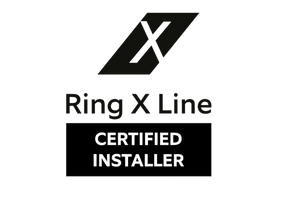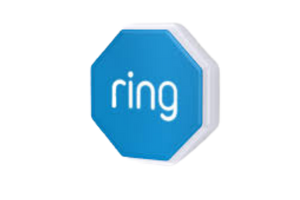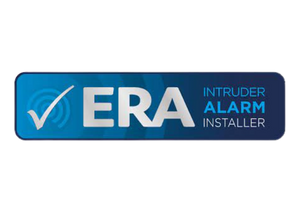Engaging in healthy, active pursuits provides an effective way to manage stress, one of the most common relapse triggers. Participating in group physical fitness and outdoor adventures can play a significant role in relapse prevention. Art and other creative expression group activities provide people in recovery with an outlet for self-expression and emotional release. In settings like Alcoholics Anonymous and other self-help support groups, participants find social support and a safe space to openly discuss their challenges.

Skillful facilitators must create a nonjudgmental space where participants can openly express their doubts and concerns. Balancing empathy with gentle encouragement helps participants explore their ambivalence and find their intrinsic motivations for substance abuse group activities change. Warm-up exercises serve as a bridge between members’ daily lives and focused group discussions. These exercises can include mindfulness activities, deep breathing exercises, or brief reflections on personal progress since the last session.
Proven Strategies How To Get Meth Out of Your System
National surveys reveal that only about one-third of individuals with AUD attempt to quit drinking each year. Of those who do attempt, merely 25 percent achieve success in reducing their alcohol intake for more than a year. Our treatment approach includes skill-building resources as well as wellness activities.
And when treatment is needed, there’s no time to waste shopping for policies that likely won’t cover such services. Through music therapy, participants can find solace and comfort in the melodies and rhythms. The act of creating music together in a group setting fosters a sense of belonging and unity. It allows individuals to connect with others who may have similar experiences or struggles, providing a support network that is essential for recovery. When it comes to group therapy, the power of expressive arts cannot be overstated. The use of art, music, and other creative mediums can enhance the therapeutic process and facilitate healing on multiple levels.
How to Perform Group Activities in Therapy
A licensed mental health professional leads the group members using various methods to help them learn coping skills and social skills while also learning about themselves and others. The GROW With Your Team worksheet specifically helps with group development, team cohesion, and learning to set and achieve common goals. This can be a wonderful activity to use to start a group because it allows members’ active participation in accomplishing objectives and the healing process. Expressive art storytelling can be made into a group activity by having members take part in expressive art together. An example would be to have group members individually draw or paint to the sound of music in a way that depicts their personal story for a specified amount of time.
- It can boost your sense of well-being and help you cope with drug cravings and other recovery-related challenges.
- Breaking the cycle of addiction requires a thorough comprehension of its stages and triggers.
It allows participants to share something about themselves, use their creativity and imagination to come up with a convincing lie, and learn interesting things about the other group members. Using these questions as a guide, couples can work through the activity together https://ecosoberhouse.com/ as a bonding activity. They can discover more about one another, reflect on past positive events, and share their hopes for a shared future. As this list of suggested topics demonstrates, there are dozens, if not hundreds, of topics for discussion in group therapy.








Leave a reply
You must be logged in to post a comment.